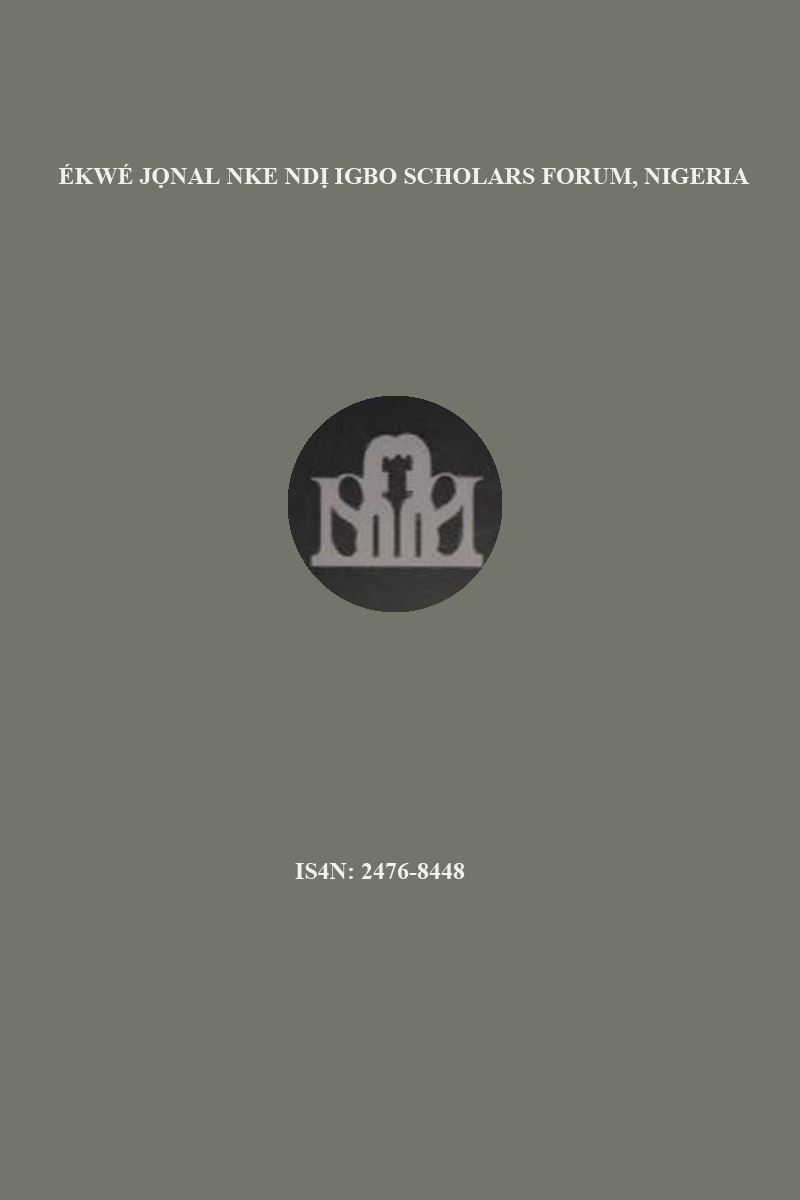Sexism and the Woman’s Culpability in Africa Literature: a Reading of Chika Unigwe’s on Black Sisters’ Street
Abstract
Historically and culturally, women have always been represented as submissive creatures. Majority of African society is built on a gender hierarchy that gives birth to what is known as patriarchy. Feminist writers have over the years, portrayed patriarchy as the major and real source of female exploitation and subjugation and have highlighted the concept in their creative works. The aim of this paper is to describe through narrative and characterization in Unigwe’s On Black Sisters’Street that patriarchy, as generally accepted, is not the sole source of female oppression because women seem to suffer oppression in the hands of fellow women especially in the African cultural milieu. Certain practices in the various cultural milieus, which not only demean women but also debar them from having a say in the daily affairs of the society are also exposed. The researcher interrogated some oppressive forces that marginalize women to determine if the factors are only inter-gender. The paper revealed that truly women are subjected to discrimination, oppression and humiliation all through their lives and that these are both inter-gender and intra-gender. In other words, the need to highlight these issues is what motivates this study. The study is anchored on the post-colonial perspective making the difference between the conditions of women before and after colonialism. To make adequate judgements, critical opinions of some scholars were reviewed. The study recommends love and empathy amongst women. It concludes that the oppression of women by the male gender will greatly be countered by women's collective activism, which can only be possible when they close ranks and unite.


